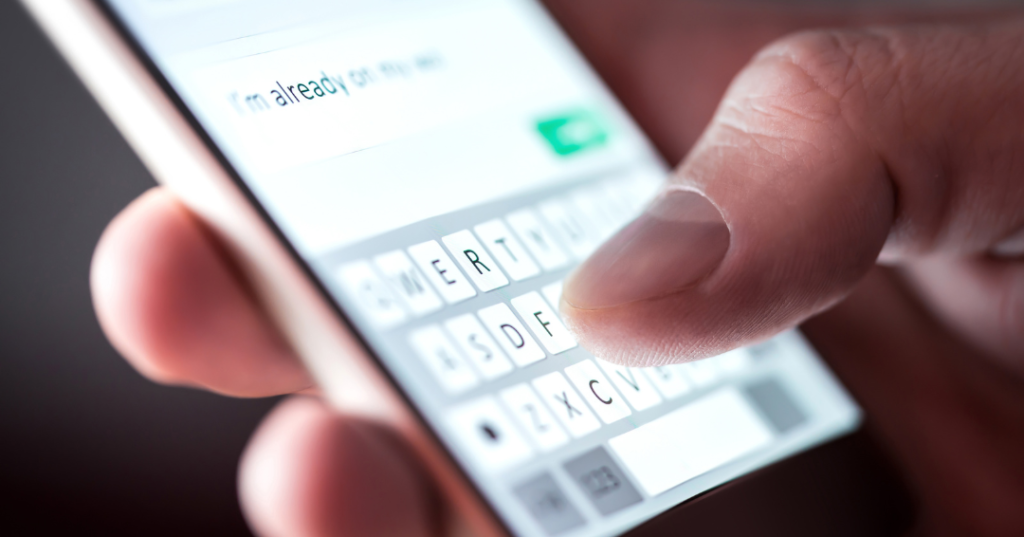Google has recently introduced a revolutionary AI enhancement for Android. However, it comes with a caveat. This AI from Google will scrutinize and interpret your private messages, dating back to the beginning. So, what implications does this have for you, how can you safeguard your privacy, and when does it commence?
The transformative AI upgrade for Android, known as Google Bard is set to revolutionize the messaging experience by providing a ChatGPT-like UI for a vast user base of hundreds of millions. Bard is designed to be an AI assistant within your messaging app, enhancing your messaging experience by facilitating communication, boosting creativity, and providing information.
However, Bard’s capabilities extend beyond just enhancing your messaging experience. It will delve into the content of your private messages to understand the context of your conversations, your tone, and your interests. It will analyze the sentiment of your messages to tailor its responses to your mood and vibe. Furthermore, it will scrutinize your message history with different contacts to understand your relationship dynamics, thereby personalizing responses based on who you’re conversing with.
This extensive analysis of private messages by Bard brings us to the next privacy battlefield. Smartphone owners, who are still grappling with app permissions, privacy labels, tracking transparency, and the aftermath of voice AI assistant eavesdropping scandals, now face a new challenge. Google’s task will be to assure users that this does not pave the way for the same kind of privacy nightmares we’ve witnessed before, where user content and AI platforms intersect.
In addition to this, there’s another, less contentious, privacy issue concerning your Messages requests to Bard. These requests will be sent to the cloud for processing, used for training, and might be viewed by humans, albeit in an anonymized form. This data will be retained for 18 months and will remain for a few days even if you disable the AI. However, you do have the option to manually delete it.
Can Google access my private messages without consent?
Google has always prioritized user privacy and only accesses private content with user consent or when mandated by law. This includes access by Google and some third-party apps to your messages to provide companion experiences, such as restoring private messages to a new phone or app, or sending message notifications. However, this access is only granted with your explicit permission.
The recent AI upgrade, Bard, brings new dimensions to this scenario. Your interactions with Bard will be sent to the cloud for processing and used for training purposes. These might be viewed by humans, but only in an anonymized form. This happens only if you’ve granted permission, and only after a strict review process has been passed.
While Google has often managed to avoid backlash from scandals due to its fine print, it’s important to remember that it’s illegal for apps to listen to you without your consent. However, when you accept Google’s terms and conditions, you technically give your consent.
To maintain your privacy, it’s crucial to be cautious about granting permissions in Gmail to third-party apps. You can check which third-party apps you’ve allowed to access your Gmail by visiting myaccount.google.com and clicking on “Apps with account access”.
So, what does this mean for you, and how can you maintain your privacy? Here are some steps you could consider:
- Utilize the privacy settings that come with stock Android.
- Consider replacing Google services such as Chrome and Gmail with apps that prioritize privacy.
- Make use of a VPN.
- Be cautious about the personal data that you choose to share.
- Stay informed about the policies of every technology you use.
As for the launch of this upgrade on reading private messages, it is anticipated to roll out sometime in 2024. However, the exact timeline may vary depending on your device model, region, and even carrier. Stay tuned for more updates from Google. Google’s new updates, which involve the AI’s ability to read and analyze private messages, mark a significant shift in the realm of Android technology.
Remember, while these steps can enhance your privacy, they cannot guarantee complete privacy.
Naorem Mohen is the Editor of Signpost News. Explore his views and opinion on X: @laimacha.

